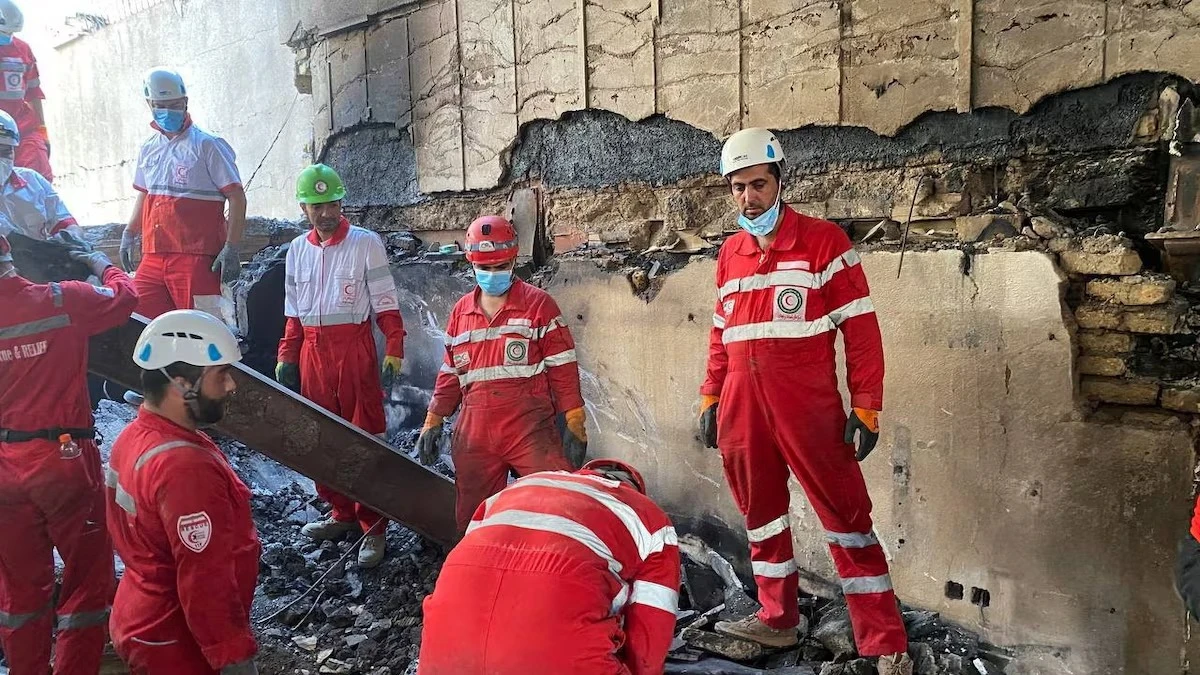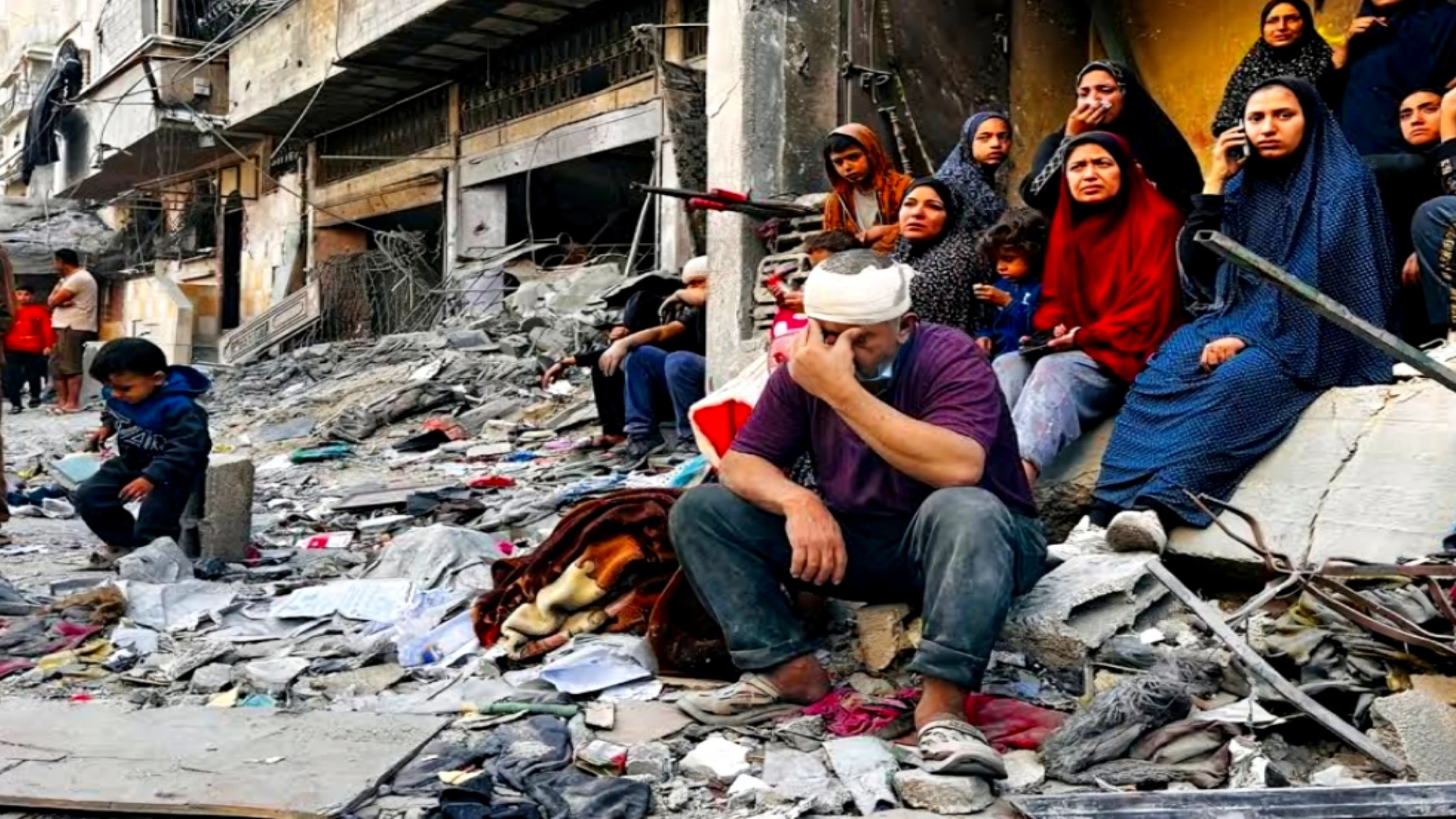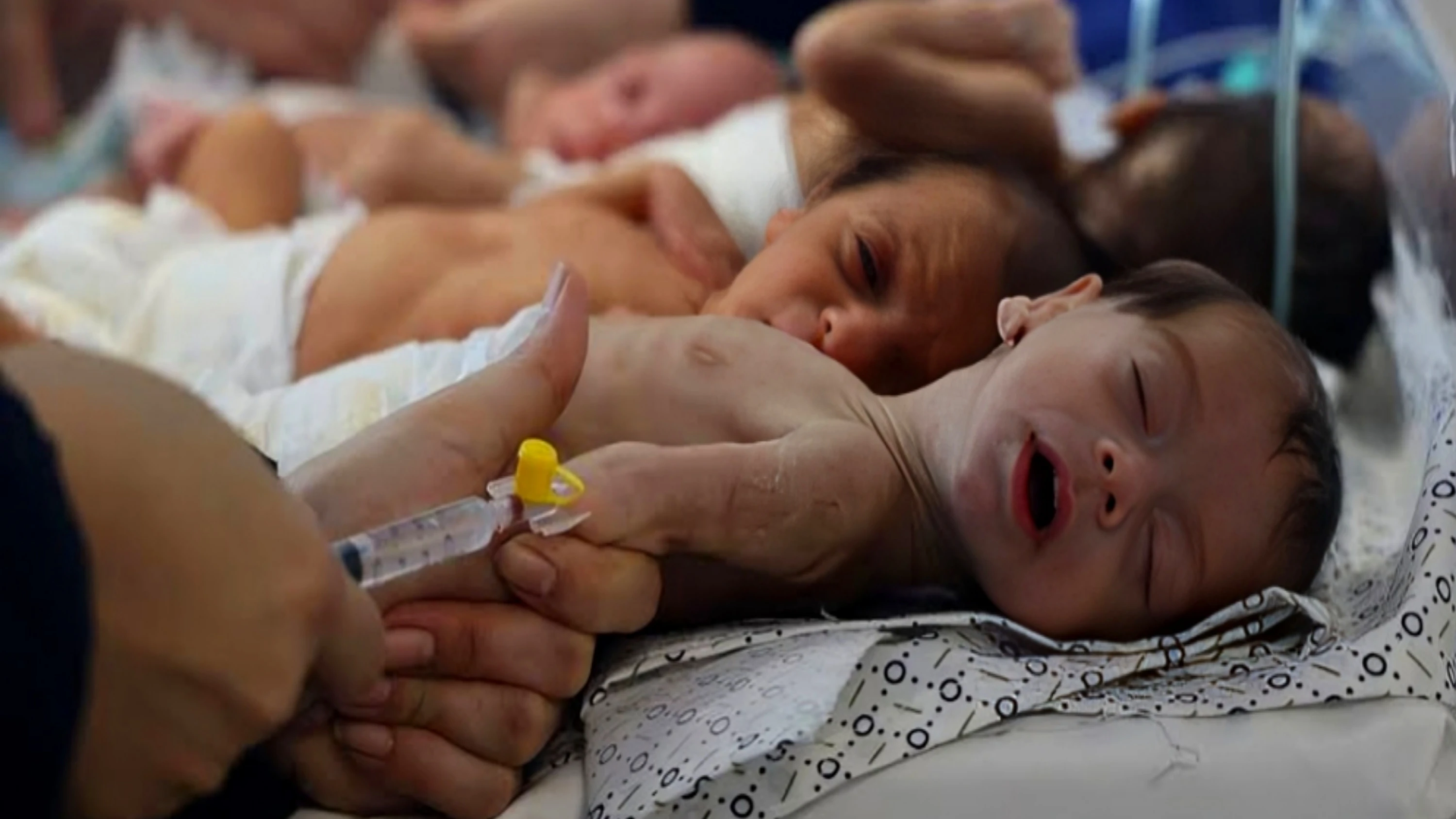Gaza: The Israeli government’s recent decision to permit a limited amount of humanitarian aid into Gaza has sparked concern among relief organizations, who argue that the aid volume is grossly insufficient.
Wassem Mushtaha, the Gaza response lead for Oxfam, stated that the aid currently expected to arrive consists of minimal quantities of food, water, and medicine—nowhere near enough to meet the enormous needs of Gaza’s population.
Critical supplies such as fuel, hygiene kits, and sanitation equipment, which are vital for hospitals and displaced communities, are notably absent from the incoming aid shipments.
MIshtaha described the humanitarian conditions as dire, with residents not only facing starvation but also enduring severe trauma, illness, and displacement.
As per the reports, he emphasized that while any assistance is appreciated, the limited scope and quantity make it inadequate for the scale of the crisis. He also raised concerns about Israel’s lack of transparency regarding its intention to bypass established aid networks and distribute aid through alternative means—plans Oxfam believes may compromise the rights and dignity of those in need.
The organization has made it clear that it will not participate in any distribution system that undermines humanitarian principles.
The situation on the ground continues to deteriorate, and aid groups are calling for more than symbolic gestures. What is urgently required, Mushtaha said, is not additional bureaucratic hurdles but genuine access to Gaza, the establishment of safe humanitarian corridors, and a firm commitment to upholding international humanitarian law.
This crisis unfolds against a backdrop of ongoing conflict, widespread displacement, and a near-collapse of essential infrastructure, leaving Gaza’s civilian population in a state of prolonged and deepening suffering.








